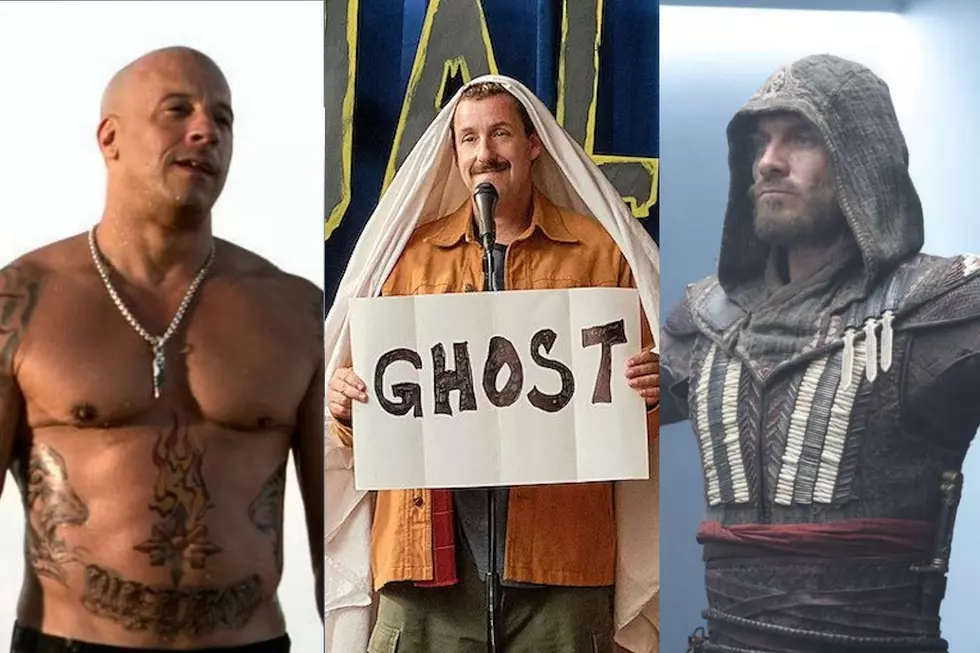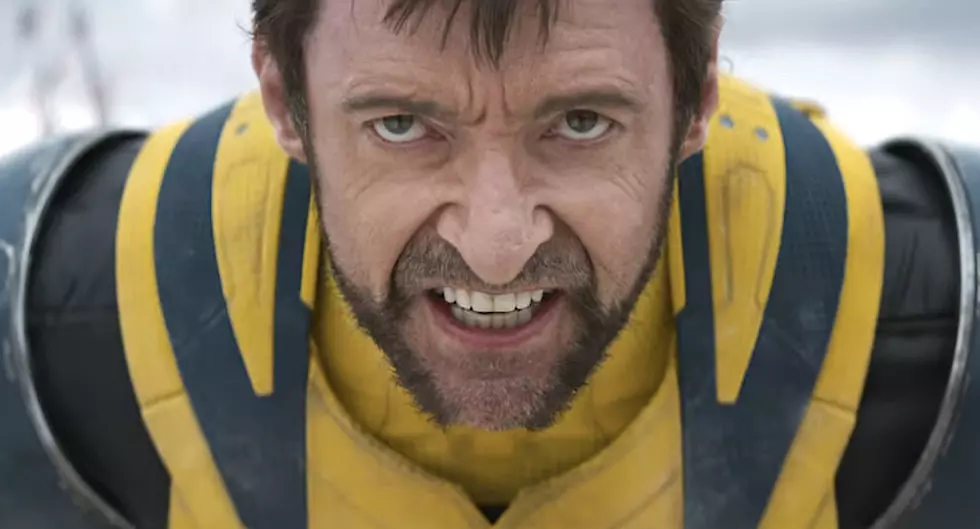
Is ‘Chimpanzee’ Political Propaganda?
For the past four years, Disney has released a new nature documentary each Earth Day, a seemingly liberal act involving conservation promotion and charity, and yet these films seem more and more like right-wing propaganda to me with every release.
This year’s title is ‘Chimpanzee,’ about an adorable little ape experiencing war, survival and special patriarchal relationships among his community, and it’s no surprise that its opening weekend box office gross was the best the Disneynature brand has had yet. It’s hard for Americans to resist baby animals, especially for human children who are meant to identify with the universal struggles and triumphs that come with being a kid of any kind in the world.
The main criticism that many have had with ‘Chimpanzee,’ though, is with the narration, which emphasizes that relatability and uses the connection to subliminally target young viewers with messages of fear and hostility. Never mind the personal tastes regarding the voice of Tim Allen and his insistence in keeping up with that signature grunting of his (he didn’t become a popular comedian for being annoying to the majority). The worst part of the voice-over is the writing, which takes some extraordinary nature cinematography of beautiful flora and fauna and fungi and forces anthropomorphic story and character upon these images.
A lot of the plot is probably real, but it’s the wording used to describe that plot that is troubling. The most heavy-handed of the rhetoric is still rather subtle within the context of the film, but it uses such loaded terminology. Freddie, the leader of the focal chimp society in the film, is constantly being linked to border patrol duties, and a climactic battle between two communities in ‘Chimpanzee’ occurs because Freddie has let his guard down and allowed the enemy to enter their territory in an attempt to pilfer their resources.
Some of this narrative arc is confusing, or significantly hypocritical. Early on Freddie takes his group, which includes the little ape, Oscar, into the land of the “bad” chimps (led by the villainously named "Scar") to snatch some food. We’re told that Freddie’s country is lacking in such provisions, but later the “good” chimps are said to have the most-desired food in the area, which is why Scar’s clan ends up penetrating their border and plundering their goods.
Offensive and defensive measures are likely quite normal in nature, with animals of all kinds fighting over territory and food resources, but it would certainly sound more legitimate or authentic if the content of the voice-over were more factual and fair. A real scientific study and commentary would not designate good and bad characters. It would all just be the way of the wild.
The irony is that in anthropomorphically aligning these chimps with humans, Disney makes us look like wild animals at the same time the animals are made to look like people. Who is really aping who? Does having border guards and homeland security and wars over resources make us less human or more animal? Or is it merely something we share with another species that we may consider somewhat civilized for being such similarly social creatures?
Added to all this is the interesting significance of a film drawing out human characteristics in animals believed to be close evolutionary species to us. When lions and bears are given anthropomorphic qualities, there’s less consideration on the audience’s part that those beasts and us humans are alike in any real way. But ‘Chimpanzee’ isn’t the best thing to be shown to kids being steered towards creation theory. It doesn’t help that, unlike other nature documentaries of this kind, only one type of animal is given human traits while the monkeys, frogs and other creatures of the rainforest remain unscripted.
To criticize Disney for seeming propagandistic is not to necessarily criticize the message for being on the conservative side. This would be just as much problem in a nature film with narration worded to make the animals sound extremely liberal.
There is none of this absurd political classification in the wild. Freddie and Scar fight over fruitful trees because they simply want to feed and protect their community and each has a primal instinct to step up and seem the more powerful male. That’s not really any different from basic human motives, but we attach words like illegal, terrorist and insurgent to our motives in order to explain them in good conscience.
Maybe we could stand to stop anthropomorphizing ourselves and just own up to being more like animals than we pretend to be.
More From ScreenCrush









